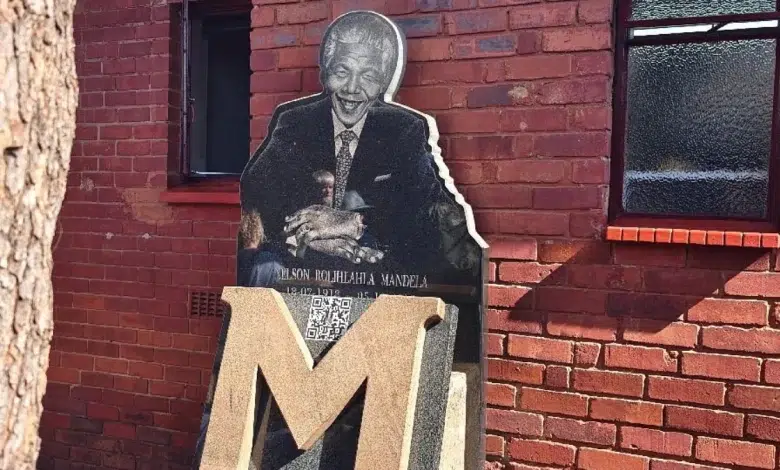Mandela House in Soweto: What to Expect in 2025 and Why It Still Matters

Located at 8115 Vilakazi Street, Orlando West, Soweto, the Mandela House Museum remains one of South Africa’s most iconic heritage sites. It stands as a powerful symbol of the country’s struggle for freedom and the sacrifices made by Nelson Mandela and his family. As we move through 2025, the Mandela House continues to attract visitors from around the world. It offers a unique educational experience that connects people to South Africa’s liberation history.

ALSO READ: NGOs in Need: Donate or Support These Mandela Day Campaigns in Gauteng
A Brief History of Mandela House
Built in 1945, the house became Nelson Mandela’s family home in 1946. It was here that Mandela lived with his first wife, Evelyn Ntoko Mase, and later with his second wife, Winnie Madikizela-Mandela. Although Nelson Mandela spent limited time at the house due to his underground political activity and later imprisonment, it remained a base for his family, especially Winnie Madikizela-Mandela, throughout the apartheid struggle. The home underwent significant repairs before it was restored as a museum site in the late 1990s. In 1999, it was declared a public heritage site. This cemented its status as a national monument and museum.
What Visitors Can Expect in 2025
The Mandela House Museum is open seven days a week, offering guided tours. These tours provide an intimate look at the life and legacy of Nelson Mandela. Visitors can explore the modest rooms where Mandela and his family lived. They can also view original memorabilia, photographs, and personal items that tell the story of the man behind the global icon.
The museum is family-friendly and also offers virtual tours for those unable to visit in person. An online shop allows visitors to purchase souvenirs that support the museum’s upkeep. The site is managed by the Apartheid Museum on behalf of the Soweto Heritage Trust.
Educational and Cultural Significance
Mandela House is more than a museum; it is a centre for education, reconciliation, and cultural preservation. It plays a vital role in teaching visitors about South Africa’s history of apartheid and the ongoing journey toward equality and social justice. The museum fosters mutual respect and tolerance. This encourages visitors to reflect on the values Nelson Mandela stood for.
Challenges and Preservation Efforts
Recent financial challenges have led to increased support from the Department of Sport, Arts and Culture to ensure its sustainability. The department recognized the museum’s critical role in Soweto’s tourism and cultural landscape. The site is currently under guardianship, with efforts ongoing to ensure sustainable management and preservation.
Why Mandela House Still Matters
Mandela House remains a beacon of hope and resilience, symbolizing the spirit of Soweto and South Africa as a whole. Its location on Vilakazi Street; the only street in the world to have housed two Nobel Peace Prize laureates, Nelson Mandela and Archbishop Desmond Tutu; this adds to its profound historical importance.
The museum not only honors Mandela’s legacy but also contributes to the local economy. It attracts tourists and creates employment opportunities. It serves as a reminder of the sacrifices made for freedom and the ongoing responsibility to uphold democracy and human rights.
In 2025, the museum continues to offer school outreach programmes, rotating exhibitions, and Mandela Day activities aimed at educating younger generations.
Practical Information for Visitors
- Location: 8115 Vilakazi Street, Orlando West, Soweto, Johannesburg
- Opening Hours: Monday to Sunday
- Guided Tours: Available daily
- Contact: +27 87 265 2252 | [email protected]
- Public Holidays Closed: Good Friday, Family Day, Christmas Day, Day of Goodwill, New Year’s Day
CHECK OUT: Discover the Stories Behind Gauteng’s Most Famous Landmarks
Legacy
In 2025, Mandela House continues to be a vital educational and cultural landmark. It offers visitors a profound connection to South Africa’s liberation history and the enduring legacy of Nelson Mandela. Whether visiting in person or virtually, the museum invites all to reflect on the values of freedom, equality, and reconciliation. These values remain as relevant today as ever.




